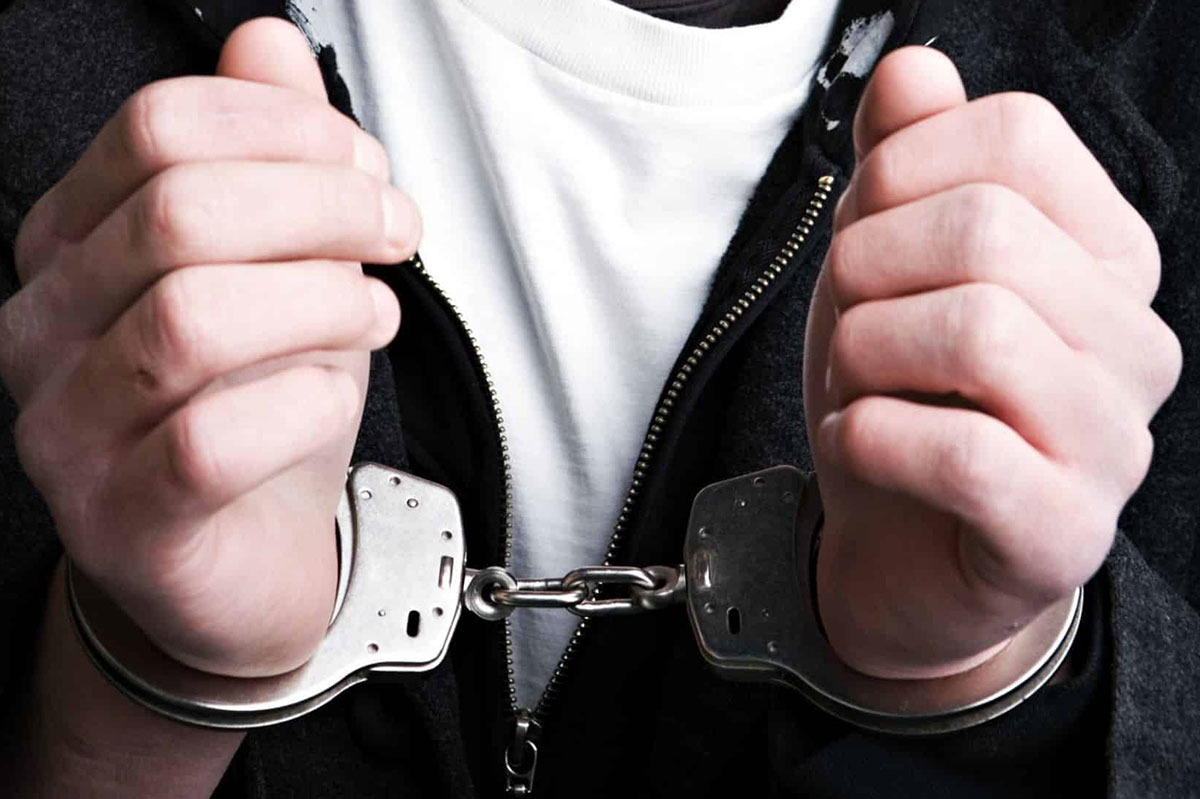Many parents are shocked and dismayed at the arrest of their teenaged child, but they may also feel some fear. Parents with no experience in criminal legal matters might worry about the type of punishment or sentence their teen might get.
Most juvenile crimes are tried in juvenile court. Typically, children and teens have less severe sentences, with a greater focus on correction and rehabilitation for the future. However, in some cases, juvenile rights are waived, allowing the teen in question to be tried as an adult.
Here is what parents need to know about children who go to adult court—and what it means for their case.
Qualifications
Very few juvenile criminal cases qualify for the waiver that moves the cases to adult trial. Most children, even those accused of serious crimes, are tried as juveniles because they do not have the mental and emotional maturity of an adult. This immaturity means that they may make choices or take risks without fully understanding the consequences or severity of the action.
Generally, adult trial is reserved for perpetrators who:
- Have previous and varied history with crime. If you teen has been convicted of a crime in the past and the current charge is similar or related to the first action, the prosecution may push to move the case from juvenile to criminal court.
- Are nearing adulthood. Older teens (16 or 17-year-olds) are more likely to be aware and understanding of the crimes they commit. Younger teens and children are less likely to be tried as adults.
- Pose a significant threat to public safety. The threat must be so great that juvenile court would be an insufficient facility for incarceration. The prosecution needs to provide extensive and convincing evidence to prove this is the case.
- Commit serious crimes. The crime itself must be a felony to move to criminal adult court. The crimes are usually violent in nature and reflect a severity that indicates rehabilitation in juvenile court would be insufficient for the needs of public safety.
Your criminal justice lawyer will do everything in his or her power to help your teen keep juvenile trial rights. The main reason for this effort is that once your child is tried as an adult for a crime, any further crimes—even minor ones—will also be tried as adult crimes, with harsher punishments.
Minnesota Protections
Every state has laws that govern judicial waivers which move a teen from juvenile to criminal court. Minnesota protects young children by limiting the ages, depending on the crime. In general, no child under age 14 may be tried as an adult, no matter the felony.
But just because your child is 14 or older does not automatically mean a full trial in criminal court. The judicial waivers are given on a “discretionary” basis, meaning the judge carefully reviews the case, the circumstances, the criminal history, and the background of the defendant. In most cases, rehabilitation is preferable to full incarceration, and judges do not make the choice lightly.
However, Minnesota does offer limited rights to perpetrators aged 16 and older. For example, if the perpetrator of the crime used a firearm (such as in the case of armed robbery or armed assault), it’s presumed that adult trial may be necessary. For first-degree murder, trial in adult court is usually mandatory.
Advantages and Disadvantages
In general, the juvenile justice system is preferable to the adult criminal justice system. However, adult trials do come with certain advantages.
Advantages
For example, most juvenile court systems do not have trial by jury. With a jury trial, your lawyer may be able to reduce the severity of the punishment with a skilled defense. A “not guilty” verdict can ensure full freedom. In many instances, a jury might feel more sympathetic to a juvenile.
Your lawyer may also be able to make specific requests. For example, they might request for a shorter prison term with longer parole, emphasizing the youth of the defendant and the possibility for rehabilitation.
Even in adult court, sentences to life in prison are rare for teens. The Supreme Court has ruled that the prosecution must prove the child cannot be rehabilitated at all in order to pass a life-without-parole sentence, simply because life-without-parole for a teen was deemed unconstitutional as “cruel and unusual punishment.”
Disadvantages
Of course, these slight advantages come with some disadvantages. It’s harder to get criminal court records sealed or expunged. In juvenile court, records might only stay on your child’s background check for a few years. However, your lawyer can fight for the chance to have a record expunged in criminal court after a certain period of time.
Also, sentencing options like counseling, service, and house arrest are typically unavailable to criminal court defendants.
Facing the possibility of an adult court trial can be nerve-wracking for parents. It’s best to immediately seek the help of a criminal defense lawyer to help retain the rights and protections that come from the juvenile justice system. You can contact us at Mesenbourg & Sarratori Law Offices for more information.

